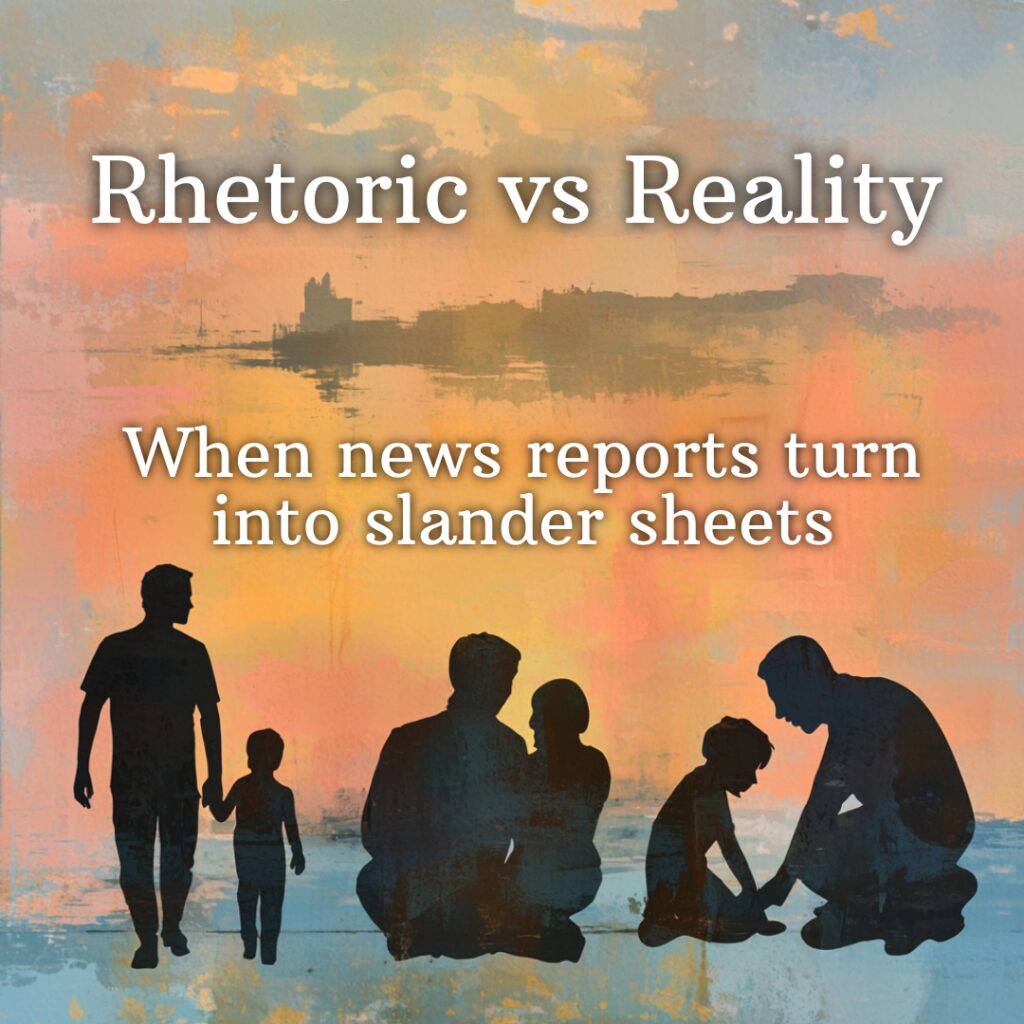What the Data Actually Says
First: Daddies come in all colors and ages. So do Mommies and children. Color-coding people to sort them into ‘potential problems’ categories is so wrong, there isn’t a word to describe it. The bigger wrong is when people in authority and those who share ‘facts’ decide to poison the public with falsehoods.

🕵️♀️ Debunking the “Fatherlessness Crisis” Narrative: What the Data Actually Says
A recent national news opinion piece made waves by claiming that fatherlessness in Black communities is turning cities into “war zones.” It’s a provocative headline—designed to stir emotion, not illuminate truth. So let’s unpack what’s documented, what’s distorted, and why this narrative deserves a second look.
📊 What’s Real: Family Structure and Risk Factors
Yes, data shows that Black children are more likely to live in single-parent households. Therefore, here’s what that doesn’t mean:
- It doesn’t mean Black fathers are absent. In fact, a CDC study found that Black dads are often more involved in daily caregiving than white or Hispanic fathers—even when not living with their children (CDC Study).
- It doesn’t mean fatherlessness is a uniquely Black issue. Out-of-wedlock births are rising across all racial groups. Nearly 25% of white children are born to unmarried parents (Newsweek).
🧠 What’s Distorted: Blame Without Context
The opinion piece blames “liberal policies” and “Black culture” for family breakdowns, while ignoring:
- Mass incarceration: Disproportionately targets Black men, removing them from homes and communities.
- Redlining and economic exclusion: Historically denied Black families access to stable housing and jobs.
- Marriage ≠ good parenting: Many unmarried fathers—especially in Black communities—are active, loving, and supportive (Atlanta Tribune).
🚨 What’s Harmful: Racialized Language
Calling neighborhoods “war zones” and suggesting “dope boys” are replacing fathers isn’t just inaccurate—it’s inflammatory. It reinforces stereotypes and distracts from real solutions.
🔍 What’s Missing: Nuance and Empathy
Crime and poverty aren’t caused by fatherlessness alone. They’re shaped by trauma, systemic neglect, and lack of opportunity. A UCLA Law Review article breaks this down beautifully, showing how the welfare and child support systems often perpetuate cycles of instability (UCLA Law Review).
💡 So What’s the Takeaway?
Before we accept sweeping claims about “fatherlessness,” let’s ask:
- Who benefits from this narrative?
- What data is being ignored?
- And how can we uplift families—of all shapes and sizes—without shame or stereotype?
Because the truth is: Black fathers are showing up. The question is whether our systems and stories are showing up for them.
(Yes, I had Ai format this for me, but the intro, tags, and emotions are real and so are the facts.)
The decision to speak up wasn’t an easy one for me, but if I didn’t do it, would someone else?